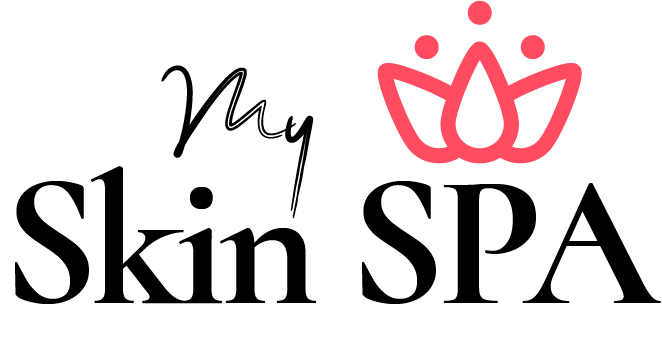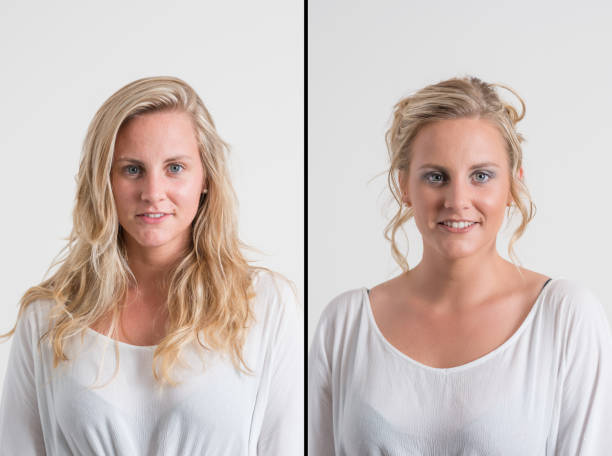The hormonal changes we experience during menopause can lead to acne, pigmentation, and aging. In the first five to ten years after menopause, we lose about 20% of collagen. Then, 2% per year after that. It’s good to know that skincare professionals are more aware than ever before that one routine may not work for everyone. We talked to Dr. Sean Burnet, a gynecologist, about the changes that occur in your skin during menopause. Our Clinical Director, Dr Cussell, who has more than 34 years of experience in cosmetics medicine, also gave us advice on how best to care for menopausal skin.
Changes to Collagen
“A drop of oestrogen can affect the regeneration of connective tissue,” Dr. Sean Burnet says. “This includes collagen,” he continues.
Collagen is the fibrous matrix that keeps our skin elastic, firm, and youthful-looking. After age 25, our bodies begin to produce 1% less collagen every year. When our bodies’ estrogen levels drop, we have even less. Our skin is more susceptible to aging when estrogen levels drop.
You may notice that your skin is starting to wrinkle, become more lax, or thin a bit. This will be most noticeable on the decolletage and hands. You may also notice that your skin appears more delicate around the mouth, below the eyes, and in other areas where there is more skin.
Skin Care Recommendation
Skincare can prevent collagen breakdown and restore it to some extent. Vitamin A is the best ingredient to use for this. It accelerates cellular turnover and promotes collagen. Vitamin A is found in many serums and night creams.
Serums containing collagen peptides are also available. They are the proteins that form collagen. They can be applied topically on your skin to help restore the collagen fibers.
Another option is to use professional treatments that stimulate collagen production. Ultrasound treatment is a way to create controlled zones of heating in deeper layers of the skin. The collagen cells are encouraged by this controlled heating, which in turn starts to regenerate. The same treatment method is used by laser and radiofrequency, but ultrasound produces a more effective result.
Growth factor Injections are packed with growth factors that can feed your collagen fibers. PRP injections are a medical treatment that is used to restore skin thinning on the hands, face, neck, and decolletage.
Dryer, more sensitive skin
Dr. Sean says that the lack of estrogen in the body can cause skin dehydration. Skin can become more sensitive and drier. The natural moisture barrier is also damaged by this dryness, making your skin more susceptible to aging signs. Dehydration can also cause sensitivity to some exfoliating cleansers (especially those containing AHAs or BHAs), although this is not true for everyone.
Skin Care Recommendation
Use moisturizers as well as products that contain active ingredients. Moisturizer helps skin retain moisture temporarily but doesn’t support the natural mechanisms your skin uses to create steam. When you only use a moisturizer on your skin, it can slow down the hydration mechanism because it assumes there is moisture. You can protect these mechanisms by adding actives to your moisturizing regimen.
Hyaluronic Acid, in particular, can hold 1,000 times its weight of water and is found naturally in the skin barrier. Squalene-containing moisturizers are also recommended, as the lipid structure of squalene matches that found in the skin’s sebum. The Coenzyme (CO Q10) gives cells the energy they need to perform their functions. It’s like coffee for the skin.
Vitamin B helps balance the natural levels of hydration in your skin. Vitamins E and B can reduce irritation, inflammation, and redness that are caused by dry skin.
Cleanse Carefully
Cleaning products can also cause moisture loss and barrier breakdown. You need to gently treat your skin from the outside when it receives less natural rejuvenation from within. You can continue to exfoliate, but you should switch to a milder exfoliating cleanser if you do so regularly. If you notice sensitivity, avoid manual scrubs. You can also use a lower concentration of AHAs.
You may want to clean your skin after a hot shower if you do this. We recommend using cool water to cleanse your skin instead of hot water because it can soothe and protect your delicate barrier.
You may notice certain changes more than others. You can speak to your doctor if you’re concerned or want more advice. Or, come in for an assessment and consultation with our Clinicians.





